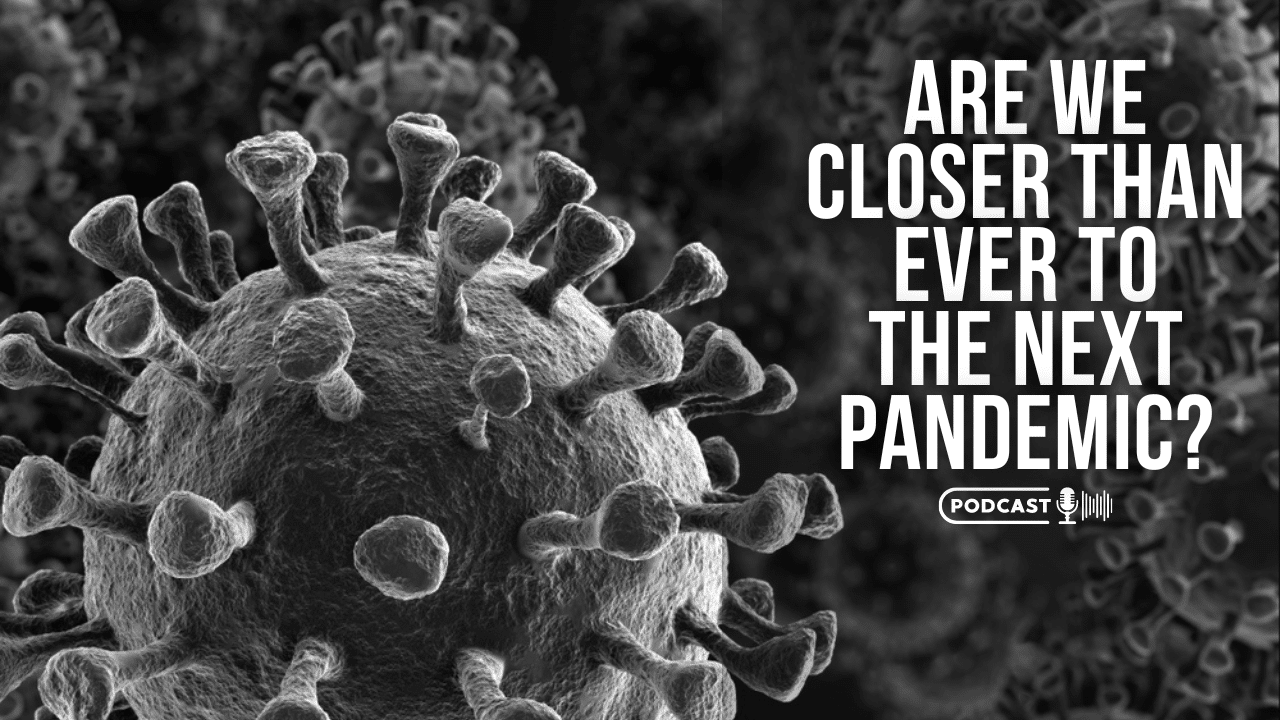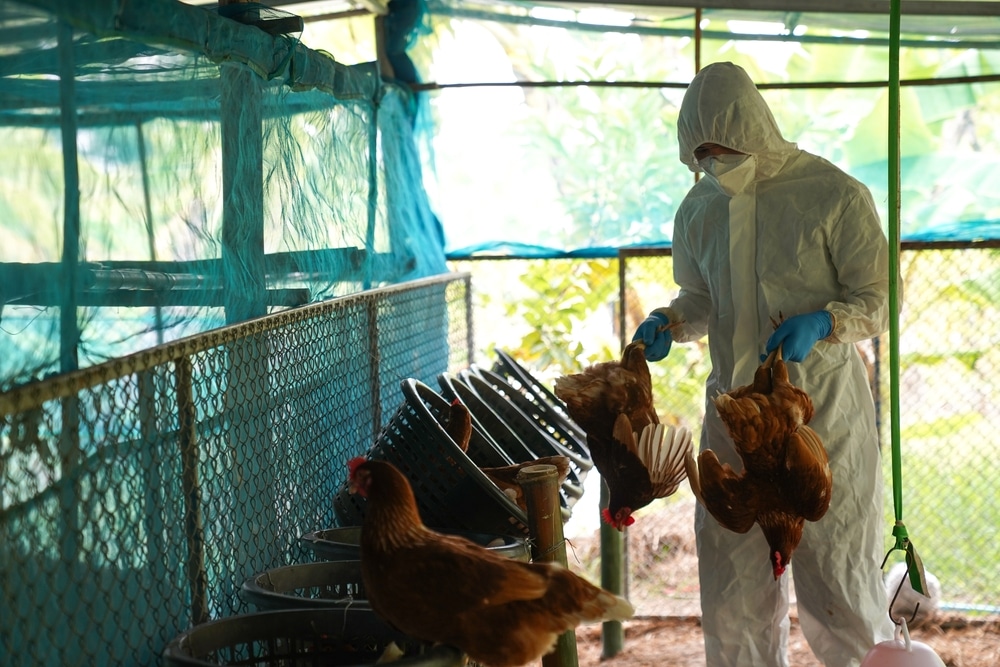Due to their innate nature to hide away and remain latent for extended periods of time, HIV infections have proven notoriously difficult to eliminate. Yet now, new data released from a research team led by investigators at the Lewis Katz School of Medicine at Temple University (LKSOM) and the University of Pittsburgh shows that HIV DNA can be excised from the genomes of living animals to eliminate further infection. Additionally, the researchers are the first to perform this feat in three different animal models, including a “humanized” model in which mice were transplanted with human
immune cells and infected with the virus. Findings from the new study were published recently in Molecular Therapy in an article entitled “In Vivo Excision of HIV-1 Provirus by saCas9 and Multiplex Single-Guide RNAs in Animal Models.” This is the first study to demonstrate that HIV-1 replication can be completely shut down and the virus eliminated from infected cells in animals with a powerful gene-editing technology known as CRISPR/Cas9. The new work builds on a previous proof-of-concept study that the team published in 2016, READ MORE

















